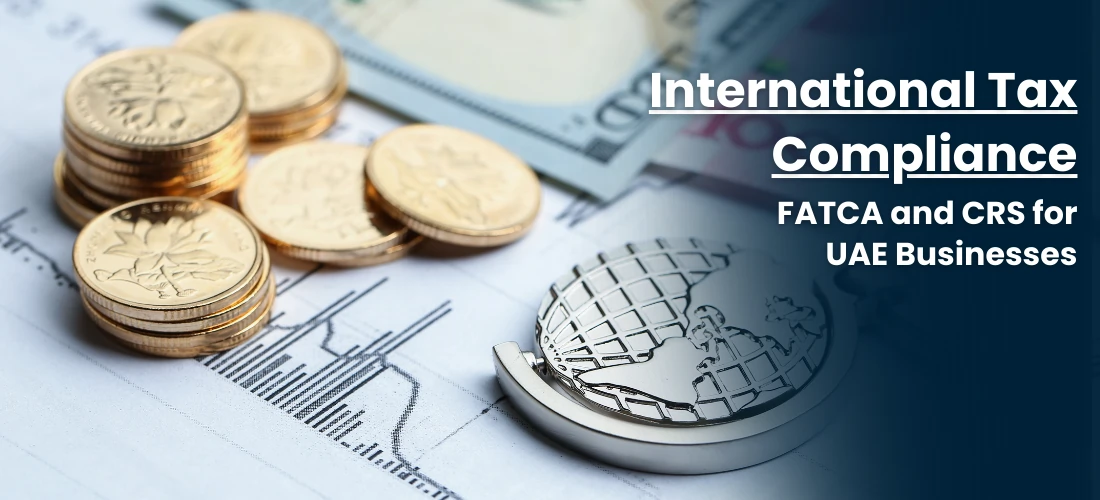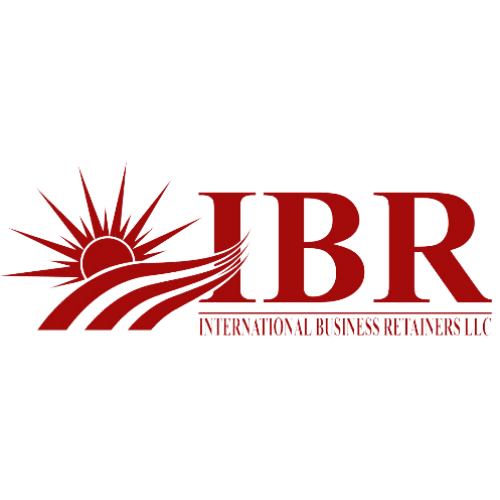
International Tax Compliance: Explaining FATCA and CRS
Automated Information Sharing - FATCA and CRS
1) Automatic Exchange of Information, or AEOI, is the automatic sharing of information between competent authorities across national borders in accordance with international agreements incorporated into national legislation in support of the worldwide movement for tax transparency.
2) As a type of AEOI, the UAE is dedicated to the Foreign Account Tax Compliance Act (“FATCA“) and the Common Reporting Standard (“CRS“) regimes.
3) The UAE Ministry of Finance (“UAE MoF”) requires UAE Reporting Financial Institutions (“UAE RFIs”) to submit information on specific financial accounts held by reportable account holders and/or controlling people on an annual basis in accordance with the FATCA and CRS regimes.
The Common Reporting Standard, or "CRS,"
The OECD Council approved the Common Reporting Standard (CRS) on July 15, 2014, after it was established in response to a request from the G20. The CRS requires countries to automatically communicate financial institution data with other countries once a year. It lays out the types of accounts and taxpayers that are protected, the information on financial accounts that must be shared, the financial institutions that must disclose, and the standard due diligence processes that financial institutions must adhere to.
The four main components of the Standard are as follows:
1) A sample Competent Authority Agreement (CAA), which offers the global legal structure necessary for the seamless sharing of CRS data;
2) The Standard for Common Reporting;
3) The CAA and CRS Commentaries; moreover
4) The User Guide for the CRS XML Schema.”1.
CRS Methodology
The United Arab Emirates has chosen the “widest approach” under the CRS.
1) Reporting Financial Institutions must do due diligence on every account held by an account holder who is a resident of a jurisdiction other than the United States of America, or a controlling person in the case of a passive NFE.
2) Documentation All accounts held by an account holder (or controlling person in the case of a passive NFE) who resides for tax purposes in a jurisdiction other than the United States or the United Arab Emirates must be reported by financial institutions.
3) Because jurisdictions will be reporting to the USA under FATCA, the USA is not included.
